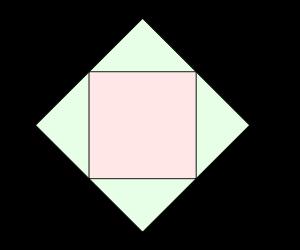Aristotelian physics is a form of natural science described in the works of the Greek philosopher Aristotle (384?322 BCE). In the Physics, Aristotle established general principles of change that govern all natural bodies, both living and inanimate, celestial and terrestrial ? including all motion, change with respect to place, change with respect to size or number, qualitative change of any kind; and "coming to be" (coming into existence, "generation") and "passing away" (no longer existing, "corruption"). As Martin Heidegger, one of the foremost philosophers of the twentieth century, wrote: Aristotelian "physics" is different from what we mean today by this word, not only to the extent that it belongs to antiquity whereas the modern physical sciences belong to modernity, rather above all it is different by virtue of the fact that Aristotle's "physics" is philosophy, whereas modern physics is a positive science that presupposes a philosophy.... This book determines the warp and woof of the whole of Western thinking, even at that place where it, as modern thinking, appears to think at odds with ancient thinking. But opposition is invariably comprisedof a decisive, and often even perilous, dependence. Without Aristotle's Physics there would have been no Galileo.To Aristotle, "physics" was a broad field that included subjects such as the philosophy of mind, sensory experience, memory, anatomy and biology. It constitutes the foundation of the thought underlying many of his works.




Comment
0